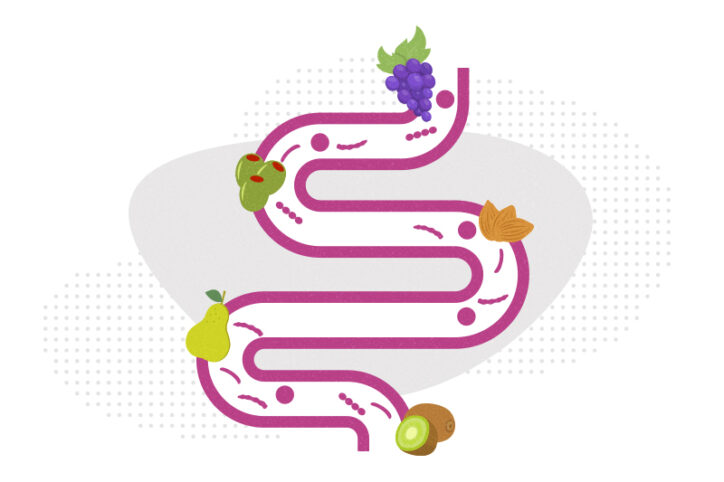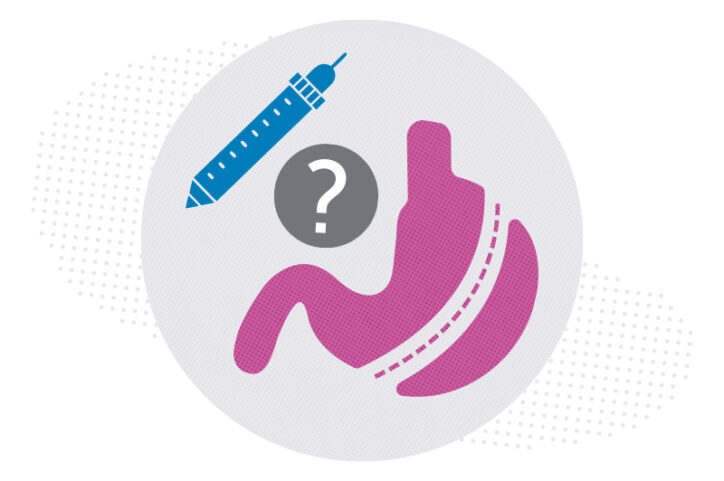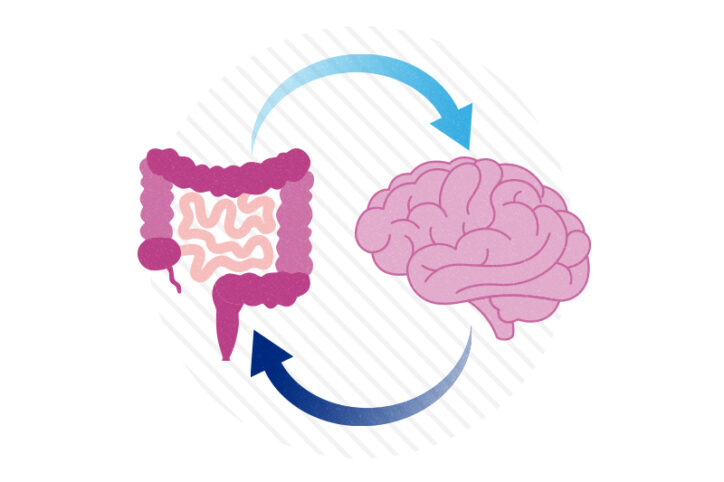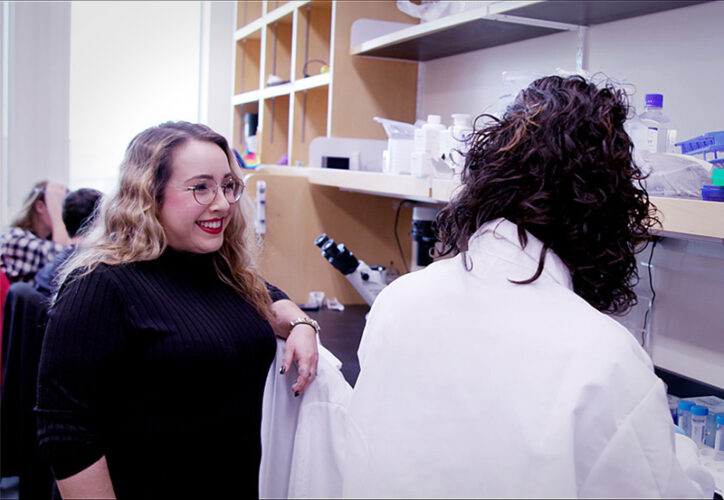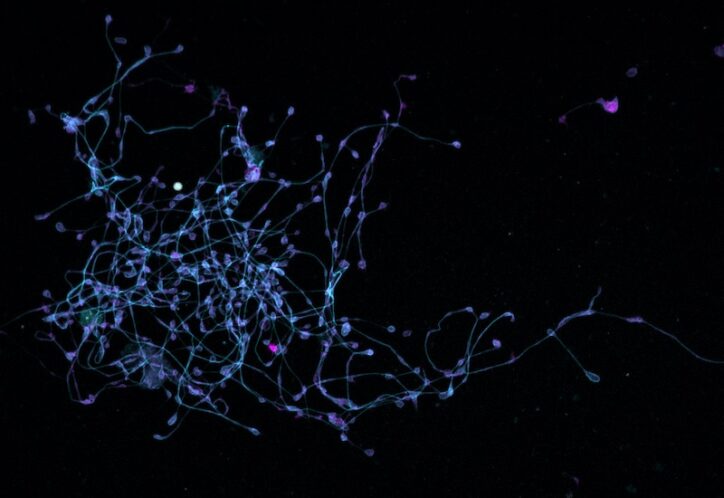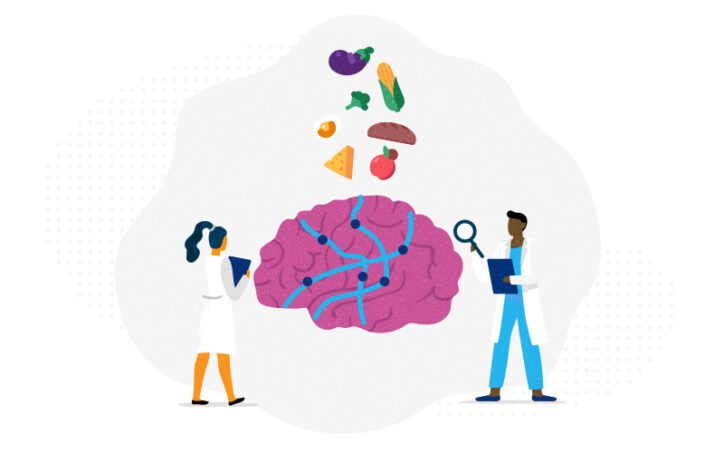Archive for diet
Partnering diet and intestinal microbes to protect against GI disease
Despite being an everyday necessity, nutrition is something of a black box. We know that many plant-based foods are good for us, but we don’t always know why. Our intestinal microbiome, which helps break down these foods once we consume them, is another black box. What role do our gut bacteria play? Seth Rakoff-Nahoum, MD, ... Read More about Partnering diet and intestinal microbes to protect against GI disease
Are weight-loss medications and surgery right for teens?
Advances in bariatric surgery and weight-loss medications have made weight management accessible to more adults. But are these approaches effective — and safe — for teens, too? Weight-management medications, particularly glucagon-like peptide 1 receptor agonists (GLP-1RAs), are the newest tool available to people over age 12 for the treatment of obesity and related conditions. At ... Read More about Are weight-loss medications and surgery right for teens?
The gut-brain connection: A new approach to OCD and tic disorders?
It’s natural for young children to use routines to help them navigate the world and for older children and teens to zero in on interests and hobbies. But if they veer into disruptive, unwanted obsessions or thoughts or the need to perform compulsive rituals, they may have obsessive-compulsive disorder (OCD). We know that OCD is ... Read More about The gut-brain connection: A new approach to OCD and tic disorders?
Tagged: diet, microbiome, neuroscience, research
Don’t forget the cheese, please! Rachel’s EoE journey
Like many teens, Rachel loves cheese and other dairy foods. “Cheese sticks, yogurt, and especially pizza,” Chellie, her mom, shares. Rachel agrees: She would eat cheese every day if she could. Up until this past spring, Rachel, who also has autism spectrum disorder, was unable to enjoy her favorite foods due to incredible pain in ... Read More about Don’t forget the cheese, please! Rachel’s EoE journey
Tagged: autism, autism spectrum disorder, diet, gastroenterology, reflux
The clot thickens: Kellie Machlus, PhD
Part of an ongoing series profiling researchers at Boston Children’s Hospital. Platelets are the bandages of our blood, forming clots when we sustain an injury. Yet little is known about how they’re made, and there are no drugs that can immediately and directly trigger their production. Boston Children’s Hospital researcher Kellie Machlus, PhD, (@theclotthickens) couldn’t ... Read More about The clot thickens: Kellie Machlus, PhD
Tagged: blood, blood disorder, diet, hematology, research rising stars, vascular biology
Could the right dietary fat help boost platelet counts?
Aside from transfusions, there currently is no way to boost people’s platelet counts, leaving them at risk for uncontrolled bleeding. Could something as simple as a dietary change raise platelet counts in people with low levels, such as cancer patients receiving chemotherapy? New science out of the lab suggests that the answer might be yes. ... Read More about Could the right dietary fat help boost platelet counts?
New Year’s resolutions and kids: what to know
With a new year upon us, we’re once again bombarded with messages about getting healthier, skinnier, and more disciplined come January 1. We couldn’t help but wonder what this means for kids, so we turned to Andrew Richards, a psychologist with Boston Children’s Martha Eliot Center, for answers. Are New Year’s resolutions a good idea ... Read More about New Year’s resolutions and kids: what to know
Tagged: diet, martha eliot, mental health
New insight into dietary approaches for epilepsy
Fasting has been believed since ancient times to curb seizures in epilepsy, and small patient studies in the early 1900s have revived the idea. But the reasons have remained mysterious. New research from Boston Children’s helps explain how fasting affects the brain at the molecular level. The findings could lead the way to new approaches ... Read More about New insight into dietary approaches for epilepsy
Tagged: diet, epilepsy, neurology, neuroscience, seizures
Adjusting to sitosterolemia took time, but Justin is now on a healthy path
After Justin Zhao was diagnosed with the rare metabolic disorder sitosterolemia five years ago, the toughest part of treatment was watching his three siblings eat chocolate when he couldn’t. Sitosterolemia is a genetic disease that causes the fatty substances, or lipids, from plant-based foods such as nuts and vegetable oils to build up in the arteries, increasing ... Read More about Adjusting to sitosterolemia took time, but Justin is now on a healthy path
Tagged: cholesterol, diet, heart, heart center, heart patient, rare disease
Weight loss: When scientific paradigms collide
David S. Ludwig, MD, PhD, co-directs the New Balance Foundation Obesity Prevention Center at Boston Children’s Hospital. Because conventional thinking usually rests on years (sometimes centuries) of research, scientists are naturally skeptical of radical new ideas. But occasionally, problems with normal science arise, such as a persistent failure to solve important puzzles and anomalies that can’t be ... Read More about Weight loss: When scientific paradigms collide


